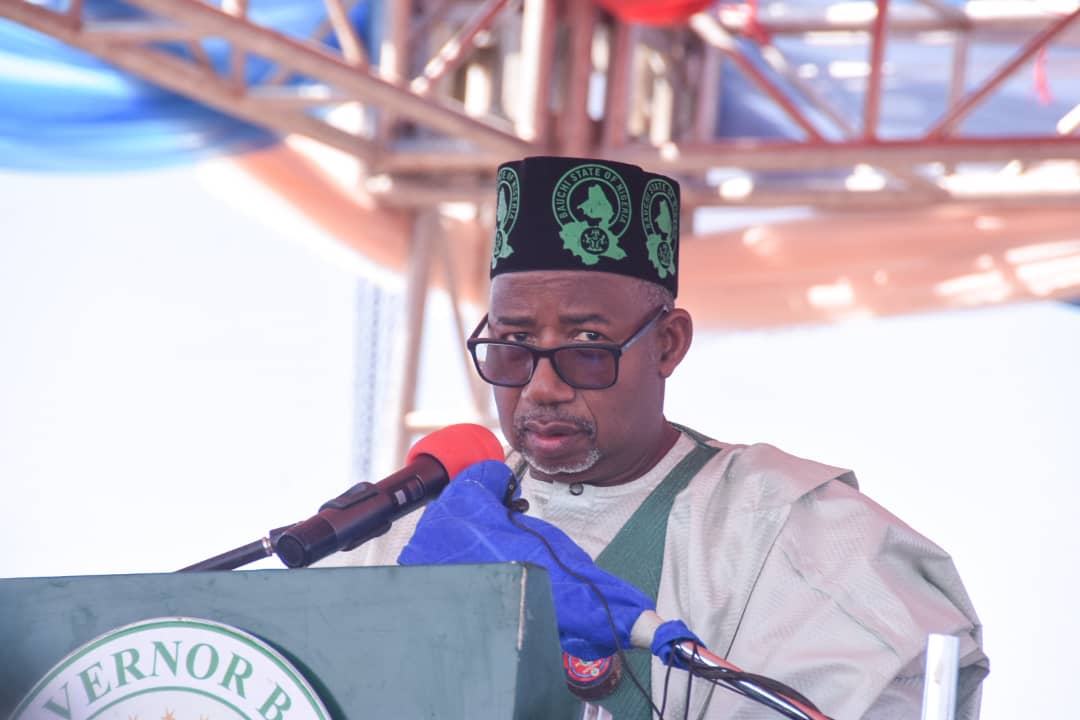
By Garba Gwan Gwan Gwan
The lingering issues concerning unpaid workers salaries in Bauchi state, Nigeria, has been a source of contradiction for many years. The previous administration had battled in settling most of the civil servants salaries to include teachers and health personnel who have not been paid for months, a situation which had subjected them into untold hardship along side their families.
The causes of delay or untimely salaries payments of staff has been a nightmare to past administration in the state payment issue in Bauchi state are multifaceted and complex. Some of the contributing factors include insufficient revenue, high levels of corruption and mismanagement, and inadequate budgetary allocation. In addition, there are concerns about the state’s wage bill, which is reported to be inflated due to the employment of ghost workers and the payment of salaries to non-existent employees.
Furthermore, the impact of the salary payment issue has been significant, with many workers struggling to meet their basic needs, pay their bills, and take care of their families. In some cases, workers have been forced to take on additional jobs or seek financial assistance from family and friends. The issue has also led to a decline in the quality of public services, including healthcare and education.
In the past Efforts are being made by the Bauchi state government to address the salary payment issue. These include the introduction of biometric verification and the removal of ghost workers from the payroll, as well as increased revenue generation through taxation and other means. However, all these and many more strategies have not been yield the desire objectives, as many workers continue to face financial hardship and uncertainty.
Consequently , the issue of salary payment in Bauchi state government is a significant challenge that requires urgent attention and action. It is essential to address the root causes of the problem, improve financial management practices, and ensure that workers receive their salaries as at when do, timely and transparent manner. The welfare of workers must be given due consideration , and efforts must be made to restore public trust in the government’s ability to manage public funds and provide basic services to its citizenry.
The difficulties, hardship faced by salary earners when their remuneration are delayed is quite significant. Delayed payment of salaries can lead to various financial and personal issues for wage labourers.
Inability to meet financial obligations such as rent, utility bills , and other expenses, which can result in debt, eviction, or disconnection of essential services.
Emotional discomfort stress and anxiety due to uncertainty about when salaries will be paid and how to manage finances in the interim.
Significant reduction in productivity and motivation among employees, which can negatively impact their work and the overall performance of the organization.
All these and many more can Adversely affect s the local economy, as workers may reduce their spending, leading to a decline in demand for goods and services.
Therefore, it is crucial for the Bauchi state government, as with any government, to prioritize the timely payment of salaries to its employees to prevent such hardships. The government should allocate sufficient funds and streamline payment processes to ensure that employees receive their salaries on time. Additionally, open communication with workers can help to manage expectations and mitigate the impact of any delays that may occur. By taking these steps, the government can help to alleviate the hardship faced by workers and ensure a more productive and stable workforce.
Garba Adamu Gwangwangwan wrote from Bauchi, adamugarba0079@gmail.com


